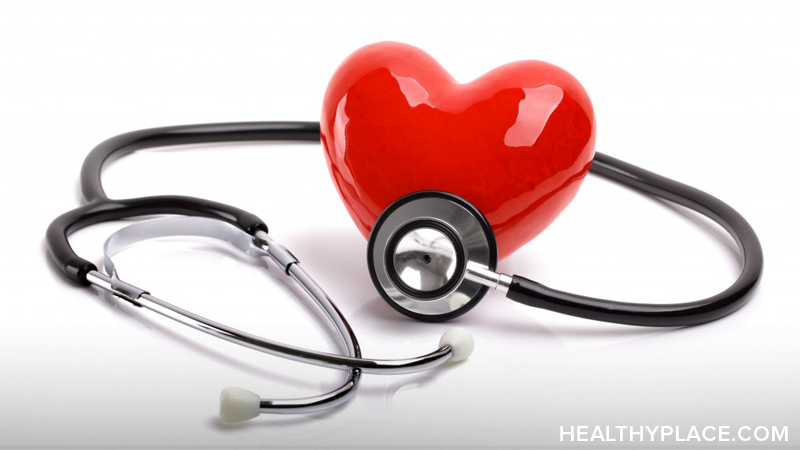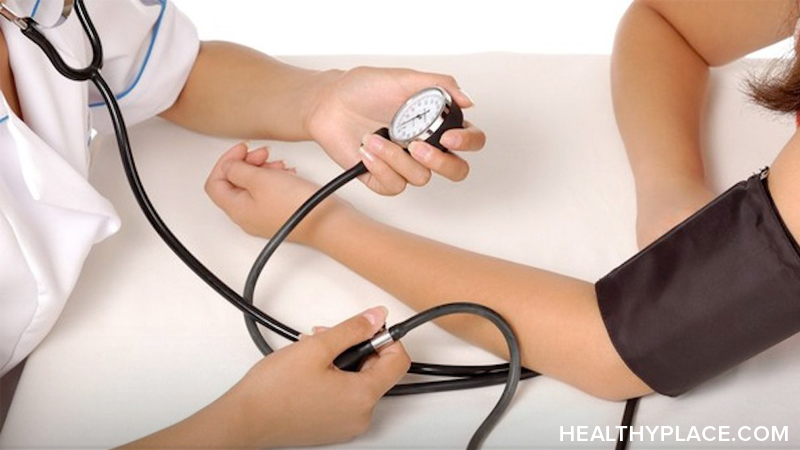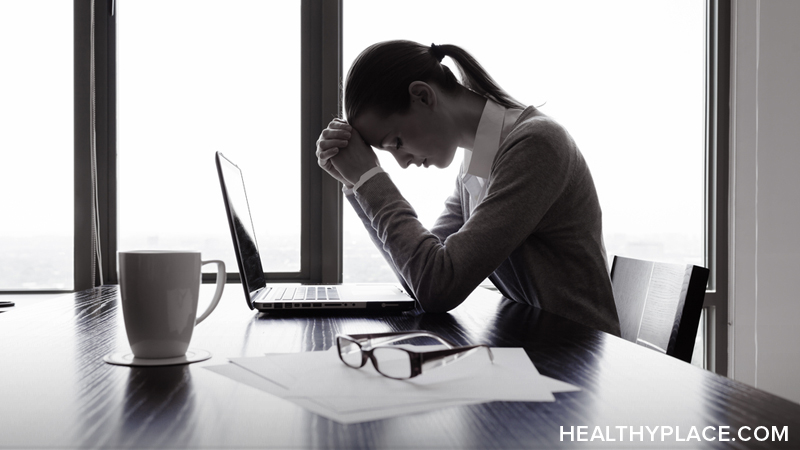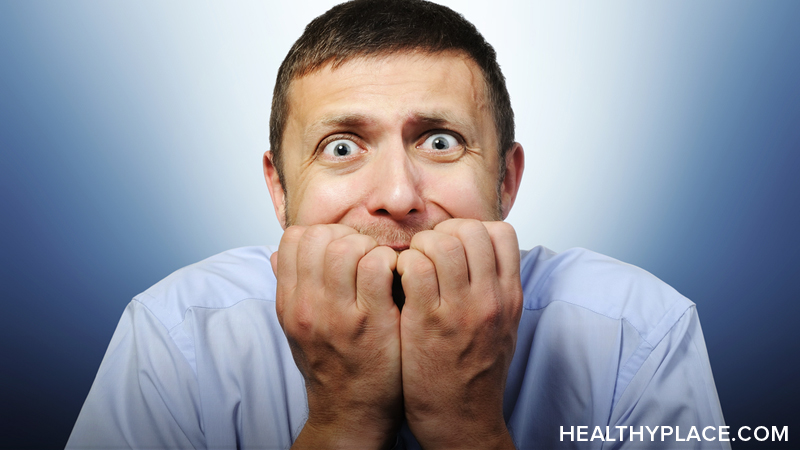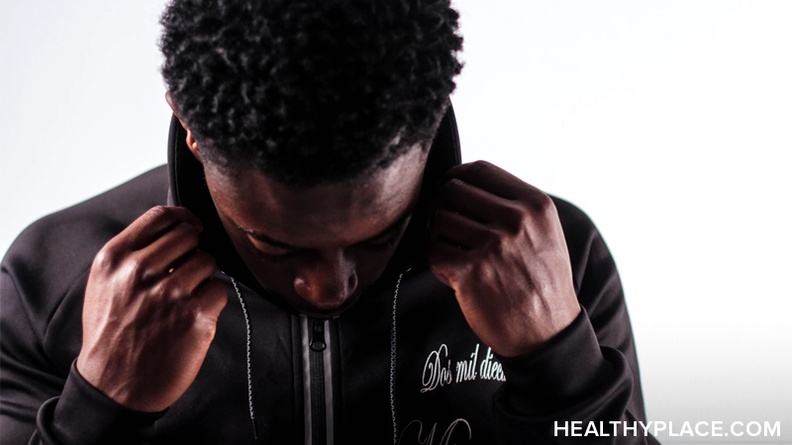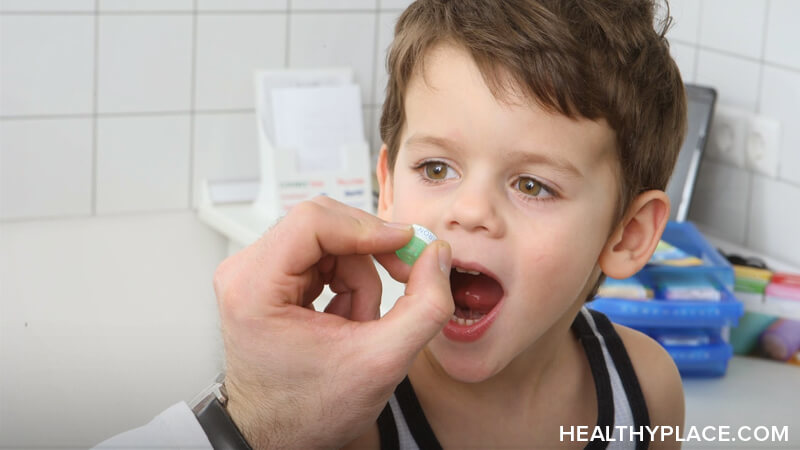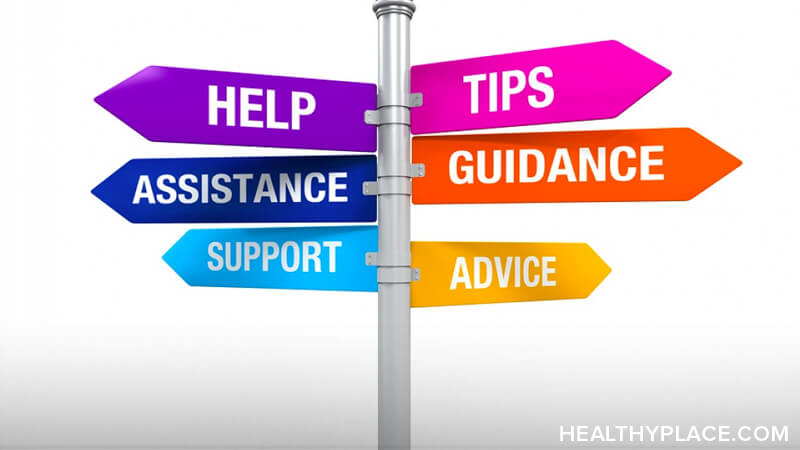Where to Get Anxiety Help? And How to Help Someone with Anxiety

Professional help for anxiety is sometimes needed, especially is the person is suffering from severe anxiety symptoms. Anxiety help can come in the form of therapy, medication, lifestyle changes and alternative or natural anxiety treatments.
Psychological and psychiatric help for anxiety can be received from professionals like:
- Doctors – a family doctor or a specialist like a psychiatrist
- Therapists – typically a psychologist or a licensed counselor
One way to find a referral to an anxiety treatment specialist is by calling your county psychological association or county medical society for a psychiatrist. When choosing a professional for anxiety help, it's important that you feel comfortable with them and they be properly trained and experienced in the treatment of anxiety. Some other considerations when choosing a professional includes:
- The format of treatment, including the involvement of partners and family in treatment
- The cost of treatment and insurance coverage
Others also may be able to provide help with anxiety or help with lifestyle changes that can reduce the symptoms of anxiety. Examples might be a nutritionist or those in an anxiety support group. The Anxiety Disorders Association of America provides a list of local support groups on its website. You might also check with your county mental health agency to see if they know of other anxiety support groups in your community. Family, friends, community organizations and faith groups can also provide help with anxiety.
How to Help Someone with Anxiety
Anxiety symptoms can be challenging for the individual with anxiety and those around them. Often education and forms of treatment are needed for loved ones as well, particularly when the anxiety is severe. As a loved one, you have the opportunity to help someone with anxiety in several ways, including:
- Getting educated about anxiety
- Participating in therapy or a support group
- Positively supporting new, healthy behaviors and beliefs
- No getting discouraged if treatment doesn't help right away
- Helping to set realistic treatment goals
- Asking the person with anxiety how to help
As a loved one, it's also important to maintain your own support system as helping someone with anxiety can be draining on you too.
Anxiety Help Tips
Anxiety treatment can seem daunting, but with effort and persistence, the vast majority of people experience relief. It's important to remember, anxiety help doesn't take effect overnight. Sometimes several treatments must be tried before the right one is found for you. Also, stress can bring about an increase of symptoms but this doesn't mean the treatment isn't working. Look for things to get better in the long-term and not just in the moment, as there is no instant cure for anxiety.
Keep in mind these anxiety help tips:
- Get professional help when needed – you don't have to fight anxiety alone
- Maintain a support system – including family, friends, professionals, support groups and others
- Create healthy habits – exercise, diet and sleep are all important
- Reduce or eliminate drug use – including alcohol and caffeine
- Take deep breaths and count to ten – remember severe anxiety symptoms will pass with time
- Learn about anxiety – learn about anxiety and what triggers anxiety symptoms in you
- Use relaxation techniques – deep breathing, meditation and yoga can all help anxiety
APA Reference
Tracy, N.
(2021, December 20). Where to Get Anxiety Help? And How to Help Someone with Anxiety, HealthyPlace. Retrieved
on 2025, October 25 from https://www.healthyplace.com/anxiety-panic/anxiety-information/where-to-get-anxiety-help-and-how-to-help-someone-with-anxiety
